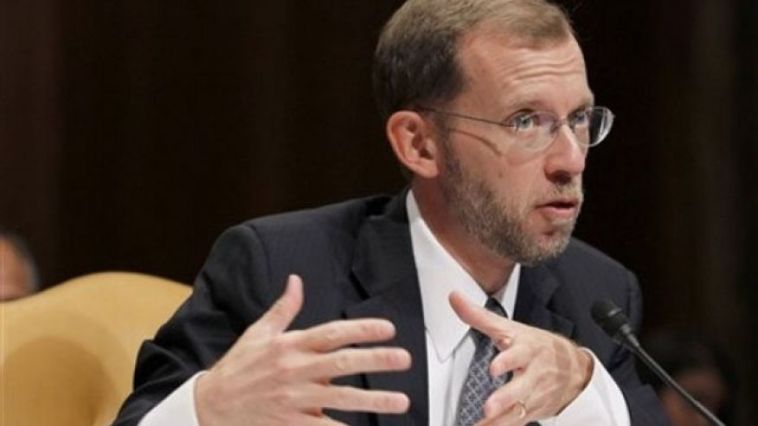The nonpartisan Congressional Budget Office released their long-term budget outlook, and the future looks grim.
Videos By Rare
U.S. debt is now 73 percent of Gross Domestic Product, according to the CBO. That number is twice it was in 2007.
“The federal budget is on a course that cannot be sustained indefinitely,” CBO director Douglas Elmendorf said.
The report reiterates this point: “With such large deficits, federal debt would be growing faster than GDP, a path that would ultimately be unsustainable.”
House Budget Committee Chairman Paul Ryan commented on the report.
“The report reiterates the obvious,” he said in a statement. “Government spending, especially on health care, is driving our debt. And Obamacare will not solve the problem. The law was a costly mistake. So we should replace it with real, bipartisan reforms.”
Then CBO notes that not if, but when, interest rates rise from their current abnormally low rates, the cost of government borrowing will significantly increase.
“In addition, the pressures of an aging population, rising health care costs, and an expansion of federal subsidies for health insurance would cause spending for some of the largest federal programs to increase relative to GDP,” the report adds.
“At some point, investors would begin to doubt the government’s willingness or ability to pay U.S. debt obligations, making it more difficult or more expensive for the government to borrow money,” the report warns.
The CBO has been sounding the budget alarm for many years now. They expect the debt to be $7 trillion larger by 2023, and Social Security to be insolvent just ten years after that in 2033.
The study arrives right as Congress looks to the end of their fiscal year and faces the choice to vote to increase the debt ceiling or not.
“If Congress does not act and the U.S. suddenly cannot pay its bills, the repercussions could be serious,” Secretary of the Treasury Jack Lew warned in a speech Tuesday.
Other still want to tie the budget battle to the funding of Obamacare, a law that is sure to suck out more money from the public vault that it brings it.
The president voiced his position this weekend on ABC, where he said he would not negotiate on the debt ceiling.
“I’m happy to have a conversation with him about how we can deal with this so-called sequester,” he said.
“What I haven’t been willing to negotiate and I will not negotiate is on the debt ceiling.”
President of the Committee for a Responsible Federal Budget Maya MacGuineas explained to MarketWatch that the government will be forced to reconcile it’s entitlement spending.
“However you cut the numbers, we are on a path we simply cannot afford and will eventually need to come to terms with the growing costs of Social Security, Medicare and Medicaid,” she said.
Related articles
- The new CBO debt study is way worse than the media is telling you (aei-ideas.org)
- U.S. Debt at Highest Level Since World War II (247wallst.com)
- New study warns of US long-term debt problems (sfgate.com)

